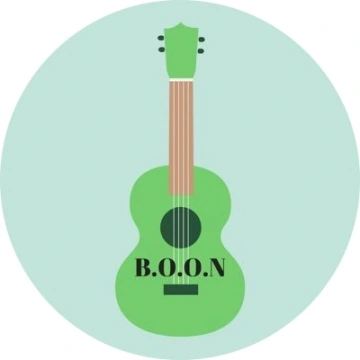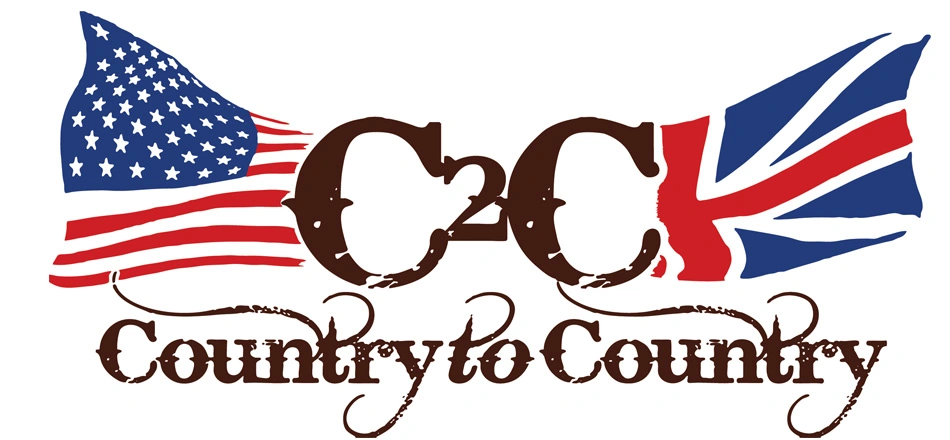I With triumphant horns, a heavy slice of southern soul and a solid base, Nash produces a sublime, powerful album. A masterpiece.
To quote the album’s press release, Topaz is “Political and personal, Topaz is moody and vast, cohesive and compelling.”
Topaz is full of fat horns, gospel choruses, swagger, hope, and pain. The meaty rock foundation with touches of psychedelia and skylark folk that fans have come to love are still here, now with a soulful nod to Muscle Shoals and Memphis.
Nash recorded the album over the course of about a year in the hut studio he built about 600 feet from his house in the Texas Hill Country. While musician friends from nearby Austin contributed to the project, Topaz is the first album Nash has recorded mostly on his own, both taking his time and relishing his newfound access to immediacy, punching the red button moments after an idea hit. “It’s allowed me to capture sounds and ideas, to really get stuff out of my head and into the world so quickly,” Nash says.
Sit back and let this album flow over you. A mark of a good album is consistency. Topaz passes the “filler test” with flying colours. It is a prime example of the importance of an album, rather than selected tracks being streamed in the background.
Nash first generated attention more than a decade ago as a rock-and-roll torchbearer based in New York City. European audiences became his earliest devotees, and publications such as MOJO embraced him. He spent six years in New York, and while the time was formative, his deepest roots are not in crowded urban concrete, but in the sparse Midwest as the son of a pastor. Music grabbed him early, but school was a priority, so Nash went to college and earned his master’s in political science –– while fronting rock bands at night. The move to New York after graduation was exhilarating, then, as Nash and his wife began to crave the country, the two bought a little acreage in Dripping Springs, Texas, packed up, and dug in to what Nash now calls their “forever home.”
“I grew up in little churches that were in the middle of nowhere in Missouri, so having the woods and being outside has been part of me since I was a kid,” he says. “I also saw community––this sense of people needing something, somebody, to look forward to. That was church for them, and that’s okay. I don’t really feel like there is just one right thing to look forward to. As a musician, I think that’s what I’ve found, too––something for people to look forward to, a reason to come together. No matter what changes in my career, that is my anchor: the need people have.”
The opening track “Dividing Lines” establishes the record’s overarching thematic and sonic vibes. Topaz tackles the USA’s politics, but the album also brims with tenderness––especially in tracks Nash wrote about missing his wife and home. “Stay” sums that up, leaving home holds no appeal.
Nash’s voice is a subtle weapon. While early comparisons to Neil Young remain unavoidable, Nash can be gentle and shift into full-on soul singing. A self-confessed fan of Young and the 70s scene, there are influences on this album of one of his other loves, Pink Floyd, and the unpredictability of sounds which can take you on a journey.
“Southern Coasts” is both driving and lazy, like the waves that keep coming but also urge us to relax. With punchy saxophones and snare, “Indiana” captures feelings of despair and longing for breathing room. “There’s this cool, romantic idea in movies that you’re going to go on tour and write your next album,” Nash says. “That just didn’t happen for me. I am a great isolationist when it comes to creating, and that’s why I have this space out here, so I’m just completely alone and just can get lost.”
Stripped down “Canyonheart” is an anthemic singalong, destined to be sung back to Nash when crowds gather together again. “Howling Wind” is more reassurance––an ode to dependability in a fractured time. Nash concludes Topaz with two breath-takers: “Sutherland Springs” and “Pressure.” Penned about the worst mass shooting in Texas history, “Sutherland Springs” is filled with pain, fear, and the impossibility of answers. A story song with haunting guitar and percussion, “Pressure” moves through desperation, hatred, and agony. Nash recorded it alone, isolated during quarantine. “It’s about the Man,” he says. “I just made the story up, taking pieces of people feeling like they’re screwed over by a system that’s bigger than them, faceless, and just so different than they are. Regardless of politics, these are human problems.” It is a masterpiece, both timeless and timely, begging for empathy when so many of us feel as though we cannot understand one another.
“I hope Topaz can be a space for people to just feel,” Nash says. “I think feeling is the biggest motivator we have. Feelings are what move us to act. I want to find more regular people who think this too, and then see where it goes from there.”
As Nash said in a previous chat with this writer “Inspiration is a domino effect. If I get inspired to make music and my music can inspire people it gets better and better.” This album is inspirational.
Topaz is available on vinyl and CD, with a beautiful limited edition turquoise blue vinyl available from the Loose Records shop.
Categories: Album Reviews, Latest









